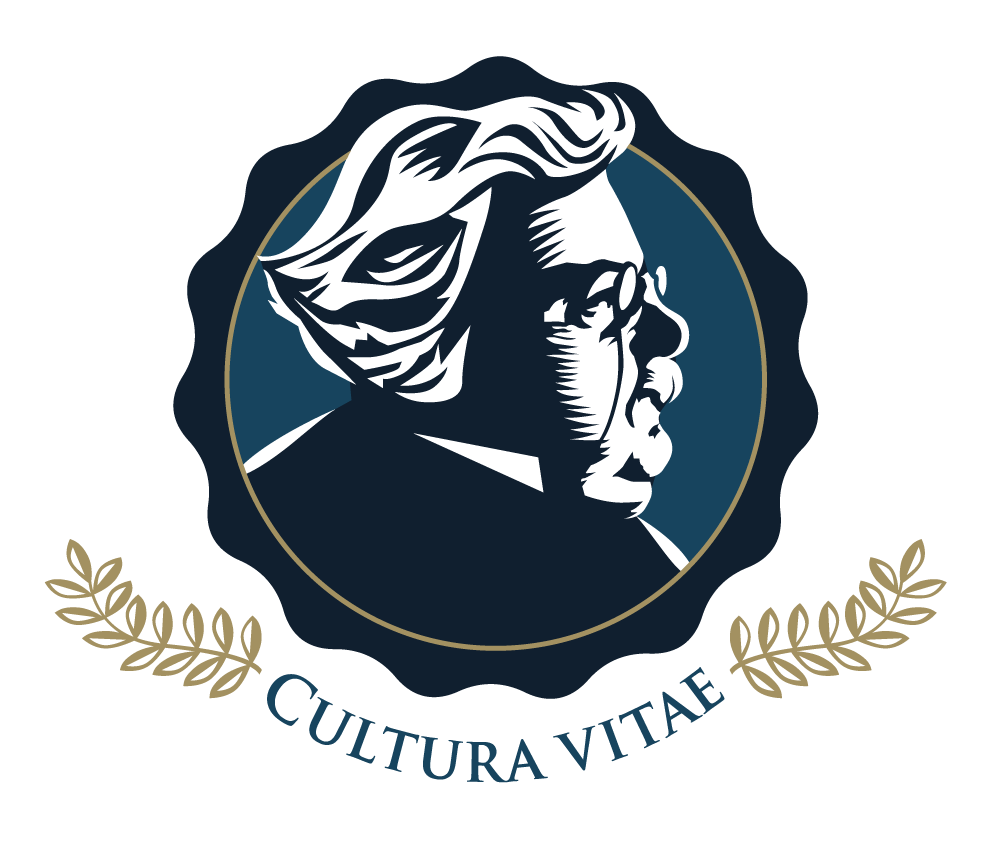What is the reason for that resistance in us and in our children? Some thoughts from Aristotle
What is the reason for that resistance in us and in our children?
Each of us has experienced that resistance which besets us when doing some task which, to be honest, should be a matter of course, e.g., doing the dishes, getting up in the morning, greeting someone we don't know, taking care of that much-needed spring cleaning, doing something new that is out of our comfort zone, etc.
Of course in the Christian tradition we know that our actions (and work) become more difficult after the Fall due to the effects of original sin: "cursed is the ground because of you; in toil you shall eat of it all the days of your life" (Gn 3:17).
Yet, there is more to be said here if we are to arrive at a deeper understanding of this resistance and how education can enable us to overcome it. Aristotle, in his Nicomachean Ethics (which is currently being read by over half the school) gives us some further insight: "the virtue that belongs to character is concerned with pleasures and pains." At face value, this might seem a little odd to us... how does virtue concern feelings? Shouldn't it concern simply doing the right thing? Aristotle gives us an example, "in the case of courage" "he who stands his ground against things that are terrible and delights in this, or at least is not pained, is brave, while the man who is pained is a coward." It is not simply standing one's ground that constitutes courage (i.e., it is not simply "doing the right thing") but rather virtue consists in delighting (i.e., in the pleasure one experiences) in standing one's ground against terrible things. Therefore, Aristotle raises the bar here: to make a judgment as to whether one is virtuous or not, "one must consider the pleasure and pain that accompanies one's deeds."
When speaking of "resistance" above, I am referring to that "pain" which accompanies or prevents us from doing things that are good but hard, things that we don't want to do but should do. This pain is a sign of a lack of virtue (and dare I say, "vice") or, at the very least, a sign of immaturity. So, what do we do with this resistance in ourselves, and what do we do when we notice it in our children/students? If we are honest, I think that we (myself included) frequently back off at that point; we stand down so as to alleviate pain which we think we are inflicting. However, insofar as we back off, we are undermining our and our children's/student's education and growth in virtue.
The purpose of education, Aristotle states, is to bring us to the point of "delighting and feeling pain in those things in which one ought" to delight and feel pain. In other words, education should lead us to rejoice in doing the good, in being prudent, temperate and just, and to feel pained by what is ugly, imprudent, intemperate, and the like. The measure of our actions, then, should not simply be in whether we do the right thing and follow the rules (although that is of course the beginning of the road toward virtue), but "against the yardstick of pleasure and pain"--in whether we delight and feel pain in those things which one ought.
Moreover, for us as Christians, we are given the opportunity to go beyond merely human virtue and obtain blessedness (Mt 5): Christ's presence enables us "rejoice always" (1 Thess 5:6).
--------
P.S. If this has peaked your interest in Aristotle's Ethics, and you don't have Mr. Linn guiding you through it, here is a link to a "guided study" which I like:
Happiness: A Guide to a Good Life, Aristotle for the New Century
